Congratulations to Catherine Paquet (University of Ottawa), elected Vice President Membership and Communications and to Delilah Ofosu-Barko (Trillium Health Partners), elected Vice President of Professional Development. The CAREB-ACCER Board of Directors also extends a warm welcome to Julie Joza (University of Waterloo) and Sarah Bennett (Simon Fraser University), who are new to the Board, elected as Members […]
Yearly Archives: 2016
Every cell is sexed and every person is gendered. Sex and gender considerations influence our risk of developing certain diseases, how well we respond to interventions, and how often we seek health care. When research fails to account for sex and gender, there is a risk of harm by assuming that the study results apply to […]
The Secretariat on Responsible Conduct of Research has posted two new modules to the TCPS 2 tutorial, Course on Research Ethics (CORE): Multi-Jurisdictional Research, and Research Involving the First Nations, Inuit and Métis Peoples of Canada. The two new modules will be available in .pdf format until their integration into the revised CORE tutorial at a […]
CUIERIP is a week-long summer institute where Indigenous and non-Indigenous researchers learn about the ethics of research with Indigenous communities, particularly First Nations, Inuit and Métis in Canada. Participants learn in a collaborative environment and are led by Carleton faculty, research ethics professionals, and community-based researchers. Presiding Elders guide all participants. This year’s institute will take […]
The CIHR Standing Committee on Ethics (SCE) is a Subcommittee of CIHR’s Governing Council, with a mandate to identify emerging ethical issues of strategic relevance with respect to health and health research. The SCE is also charged with providing the Governing Council with high-level strategic advice on the ethical, legal and socio-cultural dimensions of CIHR’s mandate as […]
In September, 2015, the U.S. Department of Health and Human Services (HHS) and fifteen other Federal Departments and Agencies announced proposed revisions to the U.S. regulations for protection of human subjects in research. The proposed changes are intended to better protect human subjects involved in research, while facilitating valuable research and reducing burden, delay, and ambiguity for investigators. A […]
In September, 2015, the U.S. Department of Health and Human Services (HHS) and fifteen other Federal Departments and Agencies announced proposed revisions to the U.S. regulations for protection of human subjects in research. The proposed changes are intended to better protect human subjects involved in research, while facilitating valuable research and reducing burden, delay, and ambiguity for investigators. […]
New TCPS 2 Interpretations The Interagency Advisory Panel on Research Ethics is pleased to share new additions to its growing collection of responses to written requests for interpretation of the Tri-Council Policy Statement: Ethical Conduct for Research Involving Humans (TCPS 2). Nouvelles interprétations de l’EPTC 2 Le Groupe consultatif interagences en éthique de la recherche […]
Interesting article in the New York Times by Rebbecca Skloot – Author of the Immortal Life of Henrietta Lacks
A recent article by Sabriya Rice in Modern Healthcare profiles a contested medical student work hour study: “The key piece is that we just have never had prospective, randomized high-level evidence to inform our decisionmaking,” said Dr. Karl Bilimoria, vice chair for quality in the surgery department at Northwestern University’s Feinberg School of Medicine. “That’s why these trials are […]

 Français
Français